Artificial intelligence (AI) is rapidly transforming various aspects of our lives, It has become an important part of our daily lives. With its ability to process huge amounts of data, learn from experience, and make decisions based on patterns and insights, from voice assistants like Siri and Alexa to recommendation algorithms on Netflix and Amazon. However, the true potential of AI extends far beyond these applications.
sdfsgsd
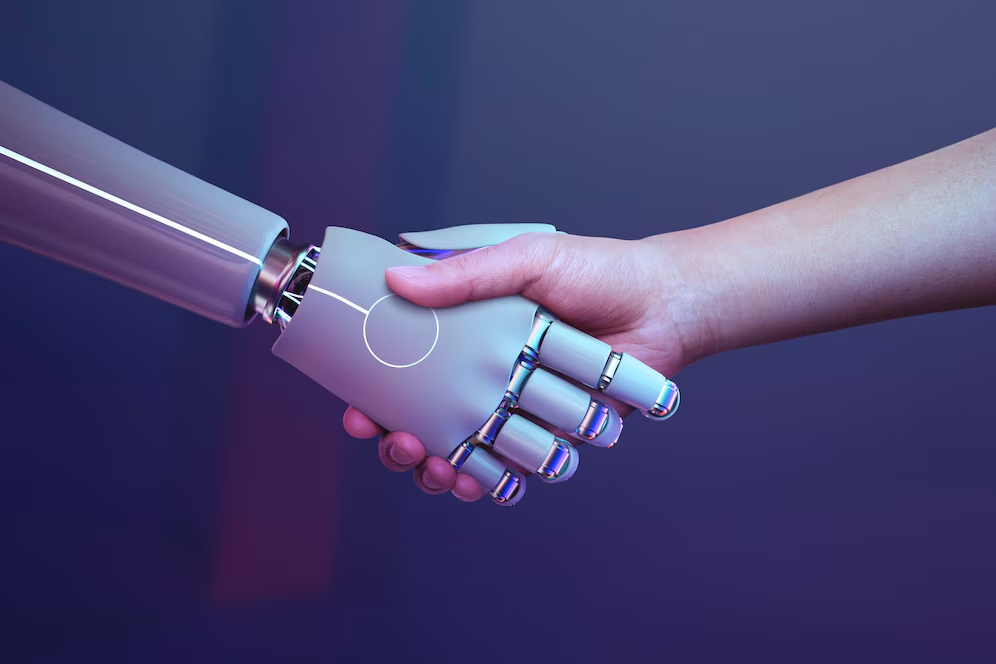
The Future of Work
In the future, artificial intelligence will reshape a variety of industries, including healthcare, transportation, education, and more.
It has been a topic of fascination and debate for decades. It has also progressed from science fiction to reality in recent years, changing how we live, work, and interact. As it continues to evolve, it is poised to revolutionize the future of humanity, bringing about unprecedented changes that will reshape our world in ways both exciting and unsettling.
In the past decade, AI has made significant strides, thanks to advancements in machine learning, natural language processing, and computer vision. Tech giants like Google, Amazon, Facebook, and Microsoft have invested heavily in their research and development, leading to breakthroughs in areas such as image recognition, speech recognition, and autonomous systems.
This article explores the transformative power of AI and its potential impact on our future.
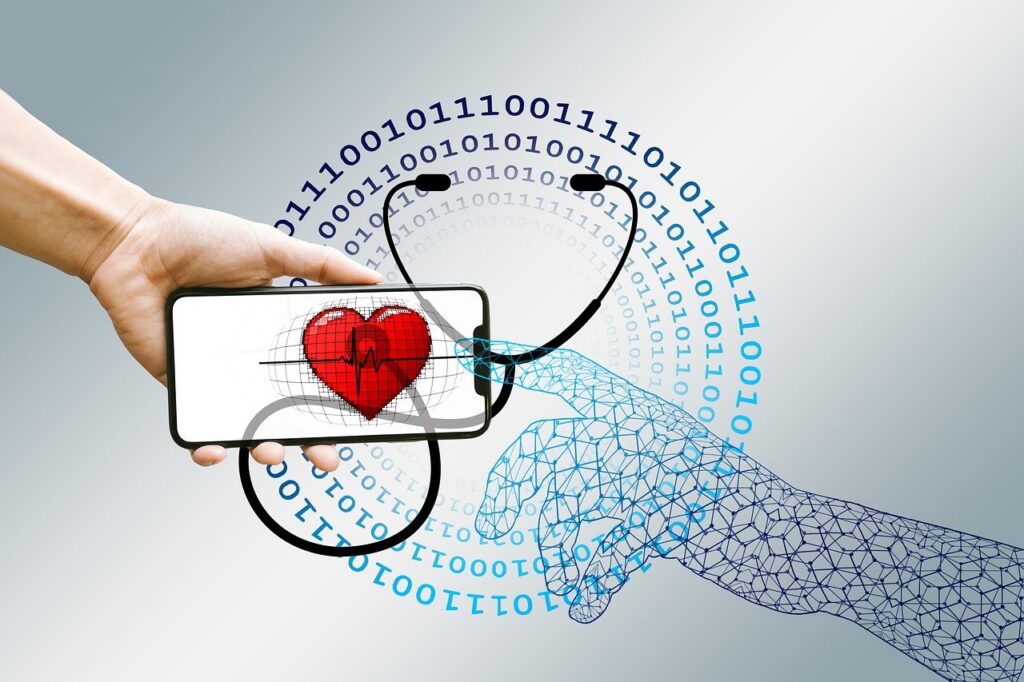
AI in Healthcare
The healthcare sector stands to gain significantly from the integration of AI. With its ability to analyze vast amounts of data (such as medical records and identify patterns), it can help in early disease detection, personalized treatment plans, and drug discovery. For instance, its algorithms can analyze medical images to detect signs of diseases like cancer at early stages, improving patient outcomes.
AI can assist in creating individualized treatment programs based on a patient’s lifestyle, genetic composition, and other variables. Precision medicine is a technique that may result in fewer side effects and more effective therapies. It can also accelerate drug discovery by predicting how different compounds will interact with the human body, reducing the time and cost involved in the process.
AI-powered robots are assisting surgeons in complex procedures for the elderly and people with disabilities, enabling them to live independently, and AI-driven systems are enabling patients to monitor their health and receive personalized recommendations for maintaining a healthy lifestyle.
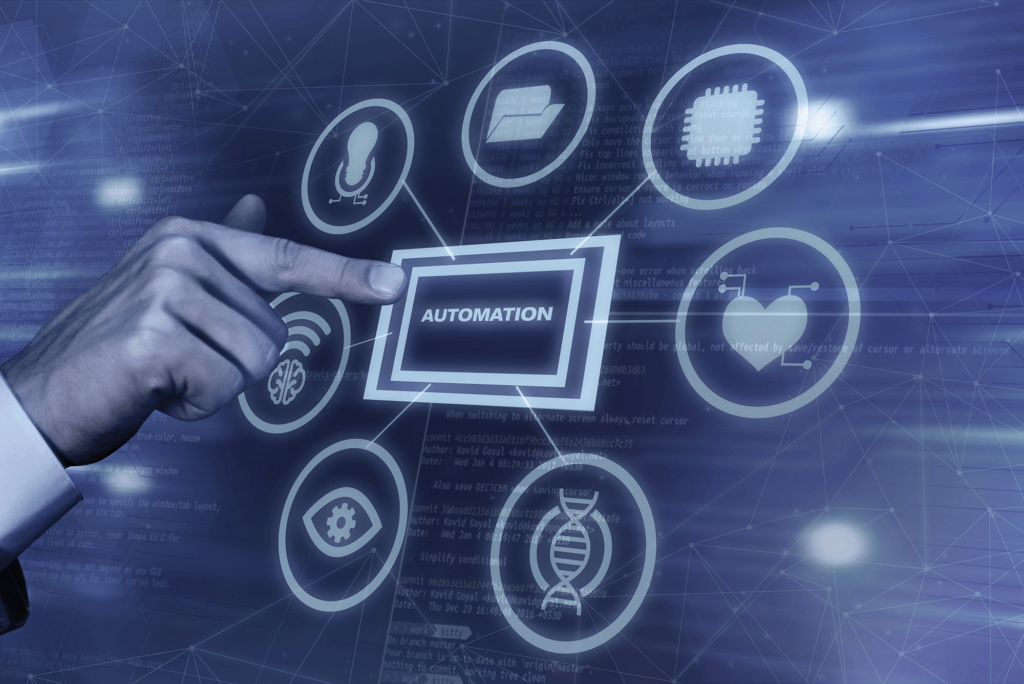
AI in Automation
One of the most significant ways AI will change the future is through automation.
It will give birth to new industries and business models that we cannot yet imagine. AI-powered machines and software can perform repetitive and mundane tasks faster and more accurately than humans, freeing up time and resources for more complex and creative work. For instance, AI can automate data entry, customer service, and manufacturing processes, leading to increased productivity and efficiency.
It is transforming manufacturing and production by optimizing production processes, predicting equipment failure, and improving product quality. AI-powered robots are working alongside humans, and AI-driven systems are enabling companies to produce customized products at scale. In the future, it could help develop new materials, optimize production processes, and enable remote monitoring and control of production lines.
It’s also being used in agriculture and food production to optimize crop yields, predict weather patterns, and reduce water consumption. In the future, it can help develop new crops, optimize farming practices, and reduce food waste.
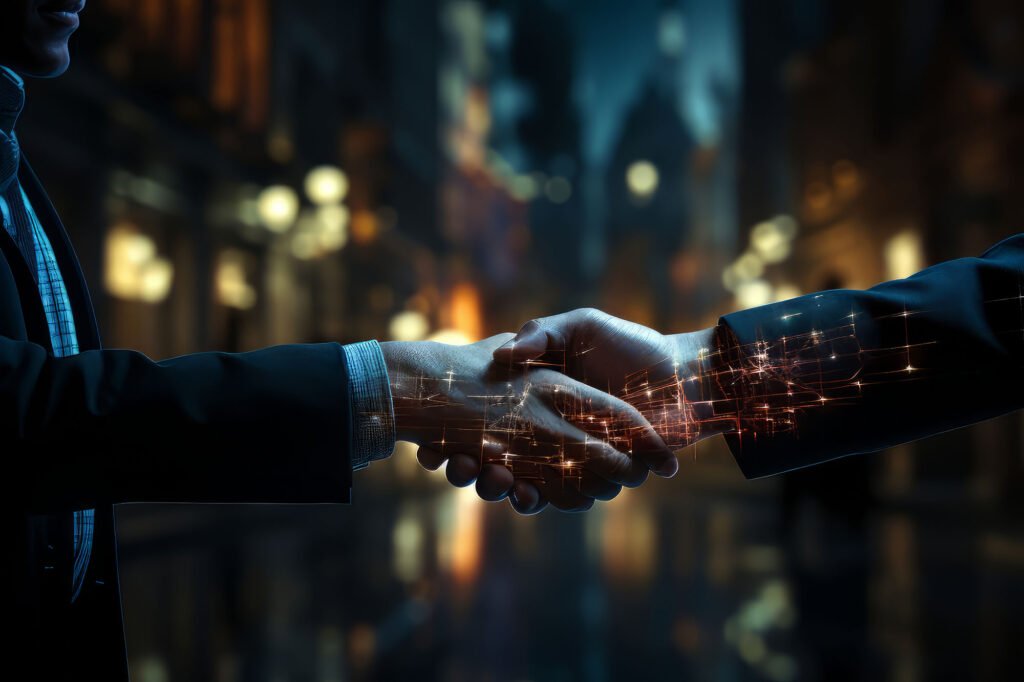
AI in Retail and Marketing
AI is transforming retail and marketing by personalizing customer experiences, optimizing inventory management, and improving supply chain efficiency. AI-powered chatbots are helping customers with their queries, and AI-driven systems are enabling companies to tailor their marketing strategies to individual customers. In the future, it could help develop new retail models, enable real-time inventory management, and personalize product recommendations.
Furthermore, it will transform the way we interact with technology. Voice-activated assistants, powered by AI, can perform tasks such as setting reminders and answering questions, making it easier for people to access information and perform tasks.
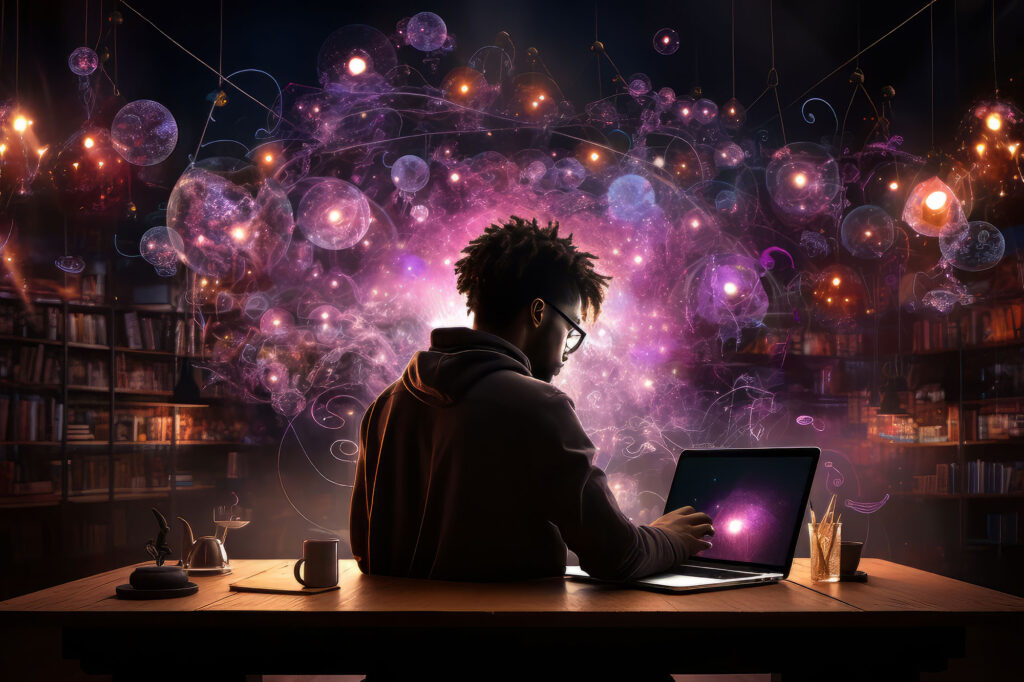
AI in Education and Learning
AI-powered chatbots are helping students with their queries and concerns, and AI-driven systems are enabling teachers to create customized lesson plans. In the future, it could help identify learning gaps and develop tailored educational programs for individual students, making education more accessible and effective. This approach can make learning more engaging and effective, helping students achieve better academic outcomes.
Moreover, it can also help identify students who are struggling and provide them with additional support. It can also help teachers by automating administrative tasks, allowing them to focus more on teaching and mentoring students.
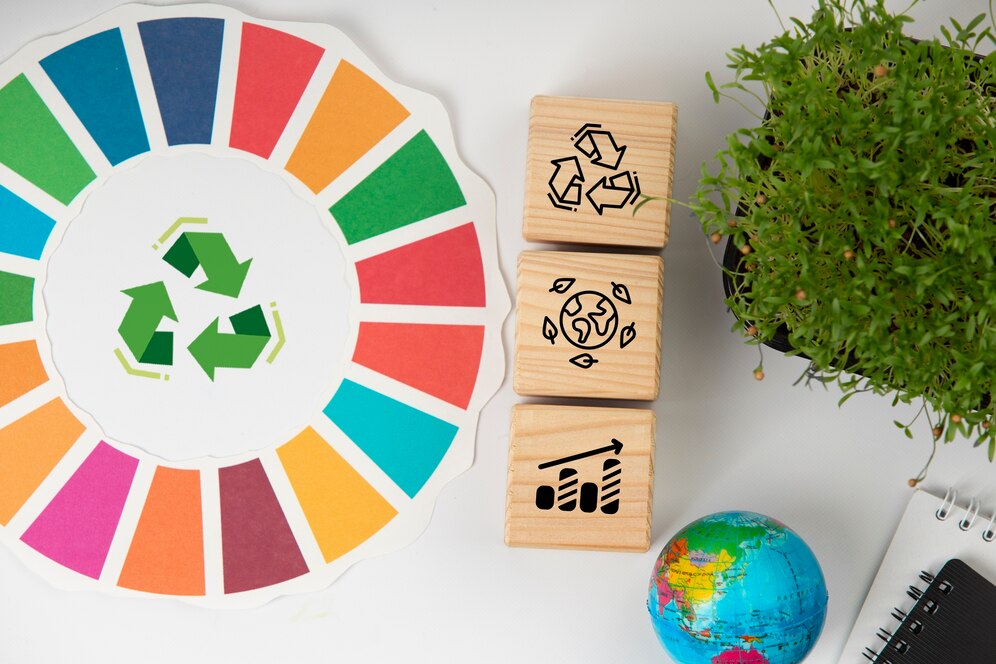
AI in Energy and Environment
AI-powered systems can help optimize energy consumption, reduce waste, and improve resource management.
AI can help in predicting the impact of climate change on different regions, allowing us to prepare and adapt accordingly. For instance, AI models can predict the rise in sea levels, helping coastal communities plan for potential flooding.
It can help in mitigating the impact of climate change. For example, it can optimize energy use in buildings, reducing carbon emissions. It can also help in developing renewable energy technologies, such as predicting the output of solar, wind power plants, predict energy demand and develop sustainable energy sources.
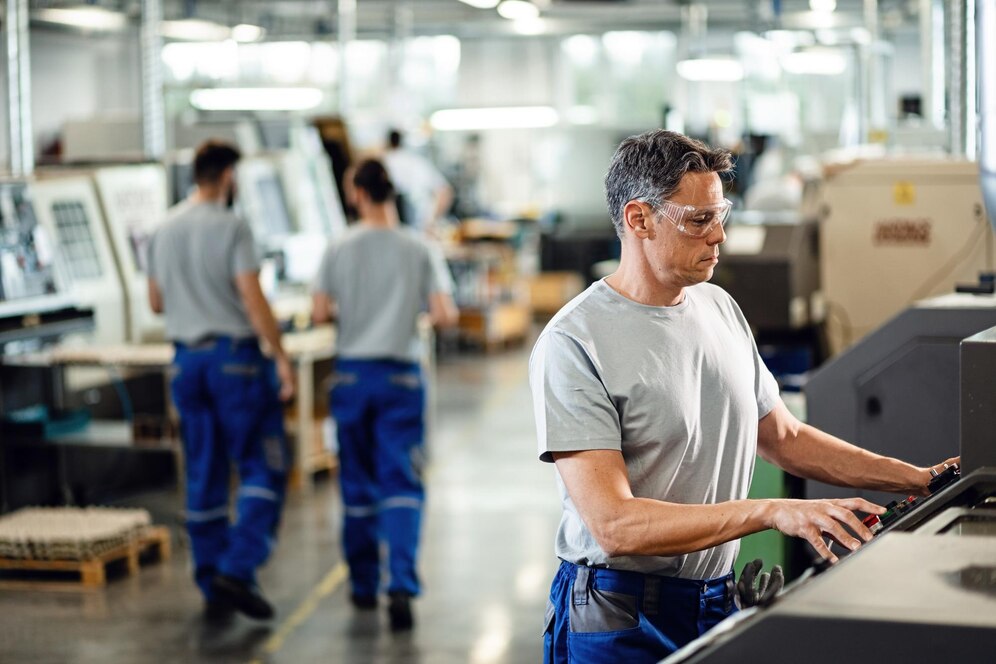
AI in Job Market
AI will also have a significant impact on the job market. While some jobs may become obsolete due to automation, new ones will emerge as it creates new opportunities for innovation and growth. However, this shift may require workers to acquire new skills and adapt to changing job requirements. With the ability to automate repetitive and mundane tasks, it will free humans from drudgery, enabling them to focus on creative and high-value tasks.
The future of work will require workers to have new skills, such as data analysis, programming, and critical thinking, so it is essential to invest in education and retraining programs to help workers transition to new roles.
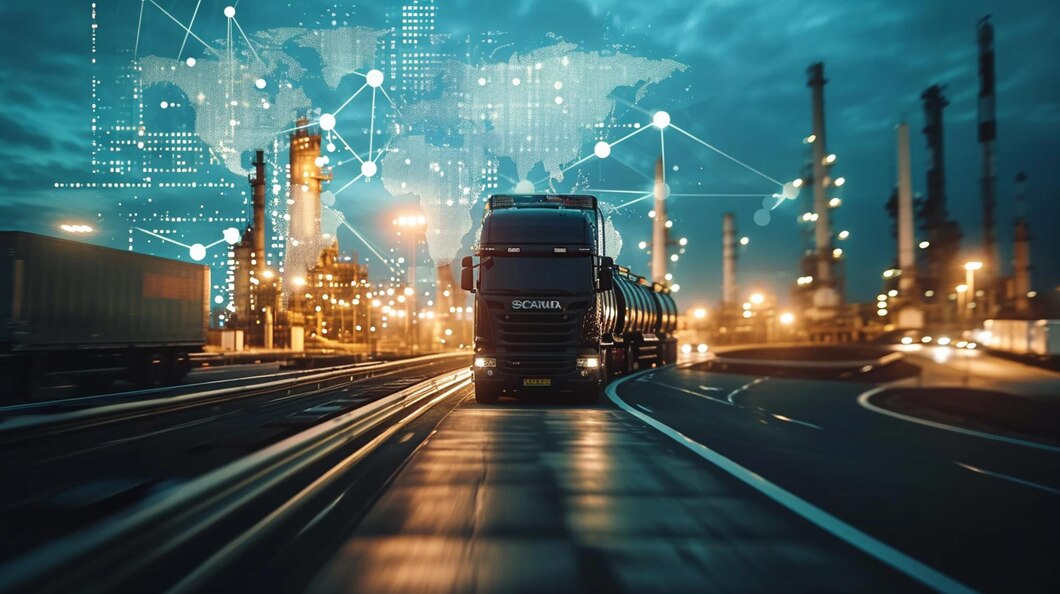
AI in Transportation and Logistics
AI is revolutionizing transportation and logistics by optimizing routes, predicting traffic patterns, and improving vehicle safety.
AI-powered autonomous vehicles are being tested on roads; they can reduce accidents caused by human error, ease traffic congestion, improve road safety, and provide greater mobility for people with disabilities who cannot drive. In the future, it could help reduce traffic congestion and improve air quality. In real-time, these vehicles use sensors, cameras, and AI algorithms to navigate roads, avoid obstacles, and make decisions. They can also lead to more efficient use of resources, as they can be part of a shared fleet, reducing the need for individual car ownership.
Additionally, it can also optimize logistics and supply chain management, reducing delivery times and costs.
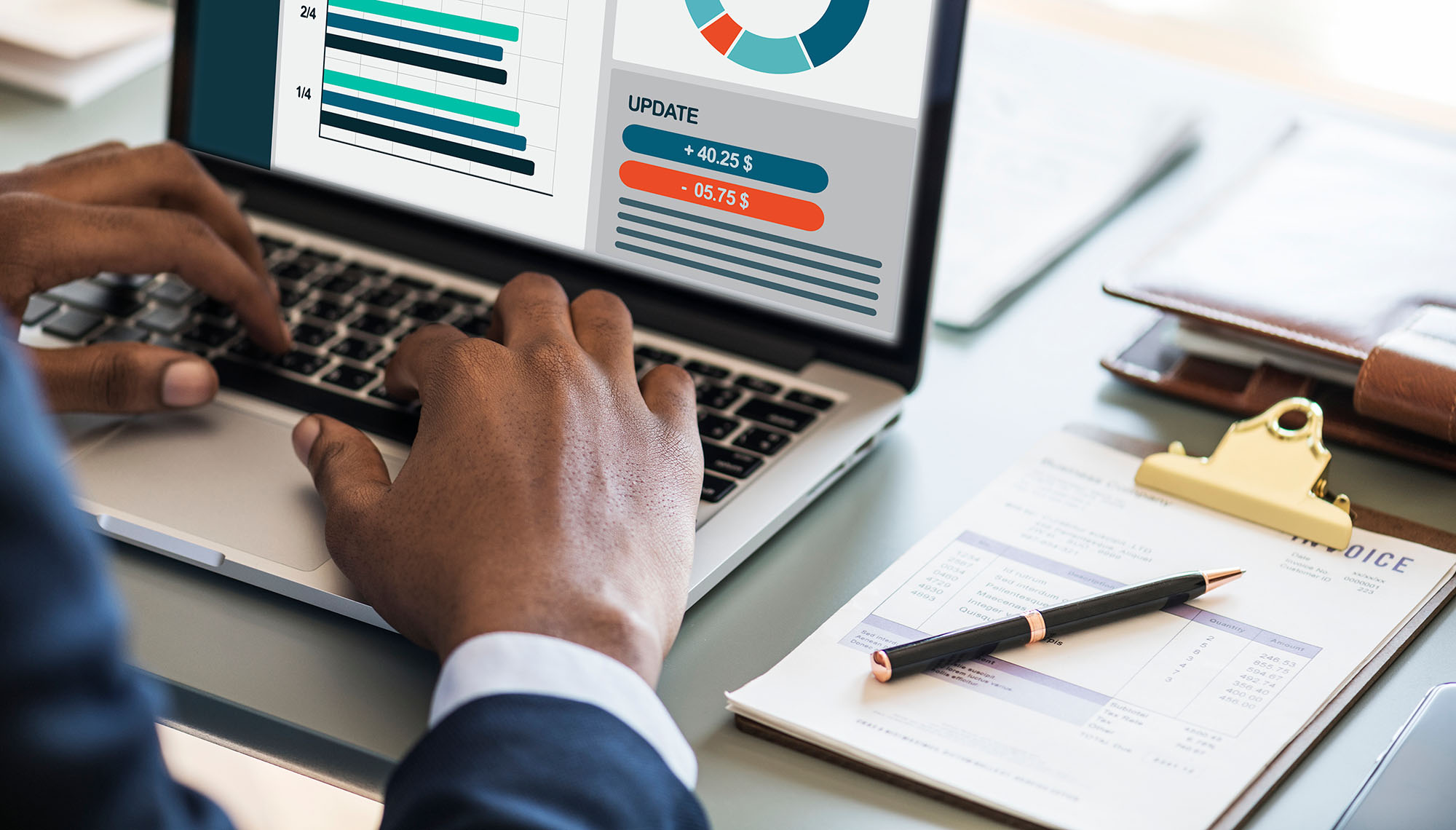
AI in Finance and Banking
AI is being used in finance and banking to detect fraud, analyze financial data, and make investment decisions. AI-powered chatbots are helping customers with their financial queries, and AI-driven systems are enabling financial institutions to provide personalized services. In the future, it could help prevent financial crimes, enable real-time trading, and provide personalized financial advice.

AI in Security and Privacy
With the increasing use of AI, there are also concerns about privacy, security, and ethics. Its systems can collect vast amounts of data, potentially infringing on individuals’ privacy rights. Additionally, it can also be vulnerable to cyberattacks, putting sensitive information at risk. Furthermore, there are ethical concerns about the use of AI in decision-making, particularly in areas such as healthcare and criminal justice.
To address these concerns, it is essential to establish clear guidelines and regulations around the use of AI. This includes ensuring transparency in its systems, protecting individuals’ privacy rights, and addressing potential biases in its algorithms.
It is being used to enhance security and privacy by detecting cyber threats, analyzing surveillance footage, and protecting personal data. AI-driven systems are enabling governments to protect critical infrastructure.

AI and Humanity
As AI continues to evolve, it will fundamentally change the way we live, work, and interact with each other. It will bring about unprecedented opportunities for growth, innovation, and progress, but it will also pose significant risks and challenges.
Ultimately, the future of humanity will depend on our ability to harness the power of AI for the greater good. We must work together to ensure that it is developed and deployed in a way that benefits all of humanity.
As we move forward, it is essential to establish regulations and governance frameworks to ensure that AI is developed and deployed responsibly.
